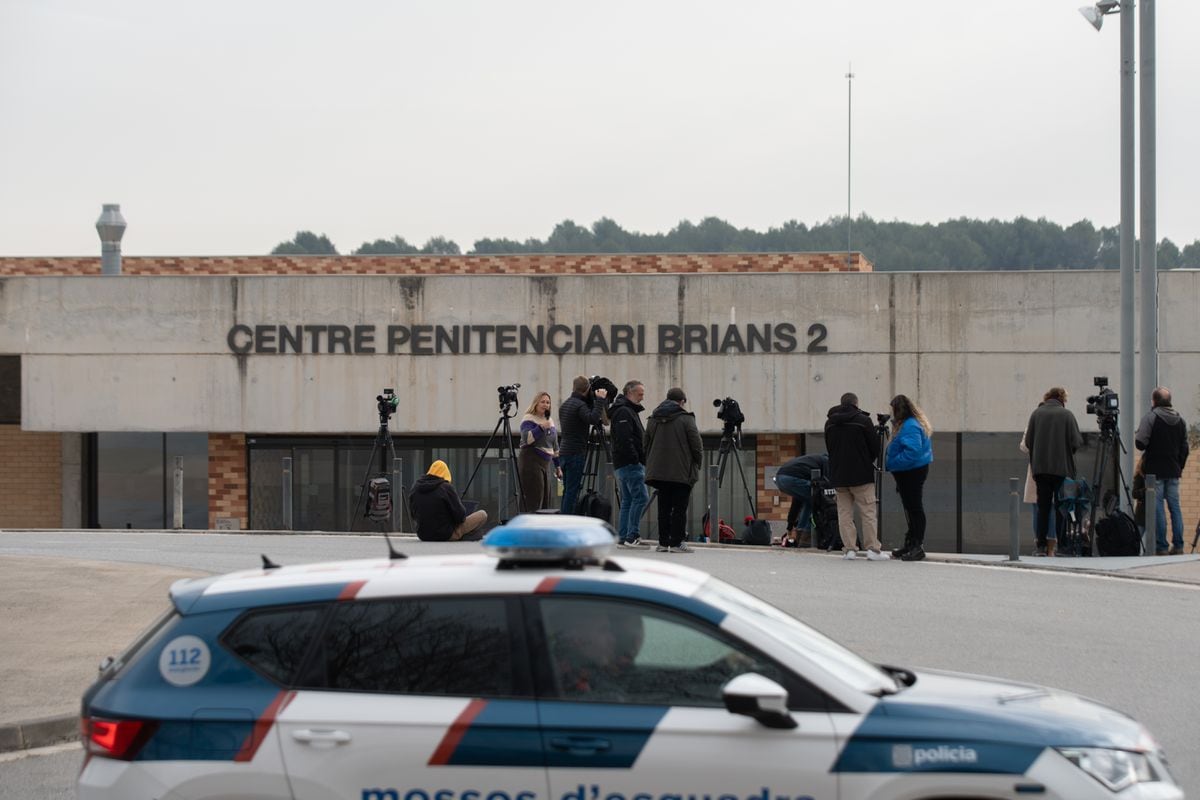Demonstration in favor of linguistic immersion in Catalonia. Quique García (EFE)
The State Attorney has asked the Superior Court of Justice of Catalonia (TSJC) not to activate the forced execution of the sentence that requires a minimum of 25% of Spanish to be taught in the educational system in Catalonia.
The body that acts in defense of the Government's interests in the procedure has asked the court to wait until the degree of compliance with the measures announced by the Catalan Government to enforce the ruling can be evaluated.
The Generalitat "has justified the start of the processing process of two normative measures (legal and regulatory) and a control measure", collects the letter of the State Advocacy.
The letter refers to the proposals that the Government sent to the TSJC to communicate how it intended to comply with the ruling on Spanish.
The Generalitat intends to do so without setting percentages and for this reason it has announced the reform of the Language Policy Law and the development of the linguistic regime of the educational system.
The text of the Catalan Executive was sent to the court once the two-month period of voluntary compliance with the sentence was exhausted.
From that date, the parties in person could request the forced execution.
The State Attorney is the only party present and has decided not to do so for now.
The Generalitat is reluctant to set the percentage of 25% that sets the sentence because that court ruling was based in part on an additional provision of the Law for the Improvement of Educational Quality (Lomce), the so-called
Wert law,
which established that the Spanish had to be guaranteed “in a reasonable proportion”, a precept that gave rise to the fact that, given the inaction of the Generalitat, the TSJC specified that minimum percentage.
But that reference was disappeared in the new education law (known as the
Celaá law)
and the Government of Pedro Sánchez was ambiguous from the beginning about whether it was going to require Catalonia to teach at least 25% of classes in Spanish.
The Catalan superior court considers that nothing changes with the new norm, but the Minister of Justice, Pilar Llop, in public statements, has warned on occasion about the need to study how the change in the Education Law affects.
In the brief presented now, the State Attorney recalls that the 25% ruling recognized the Generalitat "a freedom in choosing the measures to adopt", reserving to the Government certain aspects in which the jurisdictional bodies cannot replace the Management.
Before executing the ruling, adds the text, the TSJC "must previously assess the degree of compliance implied by the measures communicated by the Generalitat."
That assessment "will be essential to rule on whether or not the factual assumption that justifies the forced execution concurs."
The State does not question the legitimacy of the Assembly for a Bilingual School (AEB) as the “affected entity” to request the forced execution.
The entity that promotes bilingualism in Catalonia did so last March on behalf of 1,643 families.
You can follow EL PAÍS Catalunya on
and
, or sign up here to receive
our weekly newsletter















